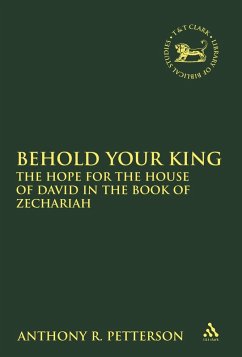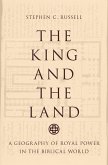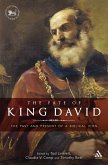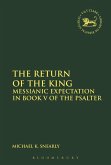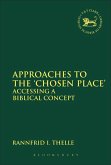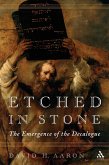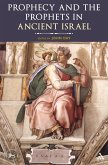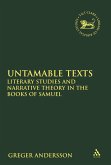This book investigates the nature of the hope for the house of David in the final form of the book of Zechariah. It focuses particularly on the following themes: the roles of Joshua and Zerubbabel; the nature and identity of the Shoot; the coming King; the Shepherd; and the Pierced One.
It challenges the scholarly consensus, going back to the thesis of Julius Wellhausen, that the high priest took over the role and prerogatives of the pre-exilic monarch in the early post-exilic period. Instead, Zechariah merely envisages Joshua the high priest being reinstated to the temple duties that were undertaken before the exile. Furthermore, Zechariah does not identify Zerubbabel as the promised future Davidic king ("Shoot"). Rather, Zechariah demonstrates a hope for the restoration of a Davidic king who will have a key role in temple building after the time of Zerubbabel.
The belief that Zechariah 9-11 and 12-14 are oracles that seek to reinterpret prophecies that have become problematic is also challenged. There is no strong evidence that the hope for the house of David in Zechariah 9-14 contradicts the presentation of Zechariah 1-8. This thesis shows how these later chapters continue and develop many of the themes related to the Davidic hope in Zechariah 1-8.
The picture of the Davidic hope that emerges from the book of Zechariah is consistent with the expectations of earlier prophets and confirms that the book, when read as a whole, provides a strong impetus for later messianism in the post-exilic period.
It challenges the scholarly consensus, going back to the thesis of Julius Wellhausen, that the high priest took over the role and prerogatives of the pre-exilic monarch in the early post-exilic period. Instead, Zechariah merely envisages Joshua the high priest being reinstated to the temple duties that were undertaken before the exile. Furthermore, Zechariah does not identify Zerubbabel as the promised future Davidic king ("Shoot"). Rather, Zechariah demonstrates a hope for the restoration of a Davidic king who will have a key role in temple building after the time of Zerubbabel.
The belief that Zechariah 9-11 and 12-14 are oracles that seek to reinterpret prophecies that have become problematic is also challenged. There is no strong evidence that the hope for the house of David in Zechariah 9-14 contradicts the presentation of Zechariah 1-8. This thesis shows how these later chapters continue and develop many of the themes related to the Davidic hope in Zechariah 1-8.
The picture of the Davidic hope that emerges from the book of Zechariah is consistent with the expectations of earlier prophets and confirms that the book, when read as a whole, provides a strong impetus for later messianism in the post-exilic period.

